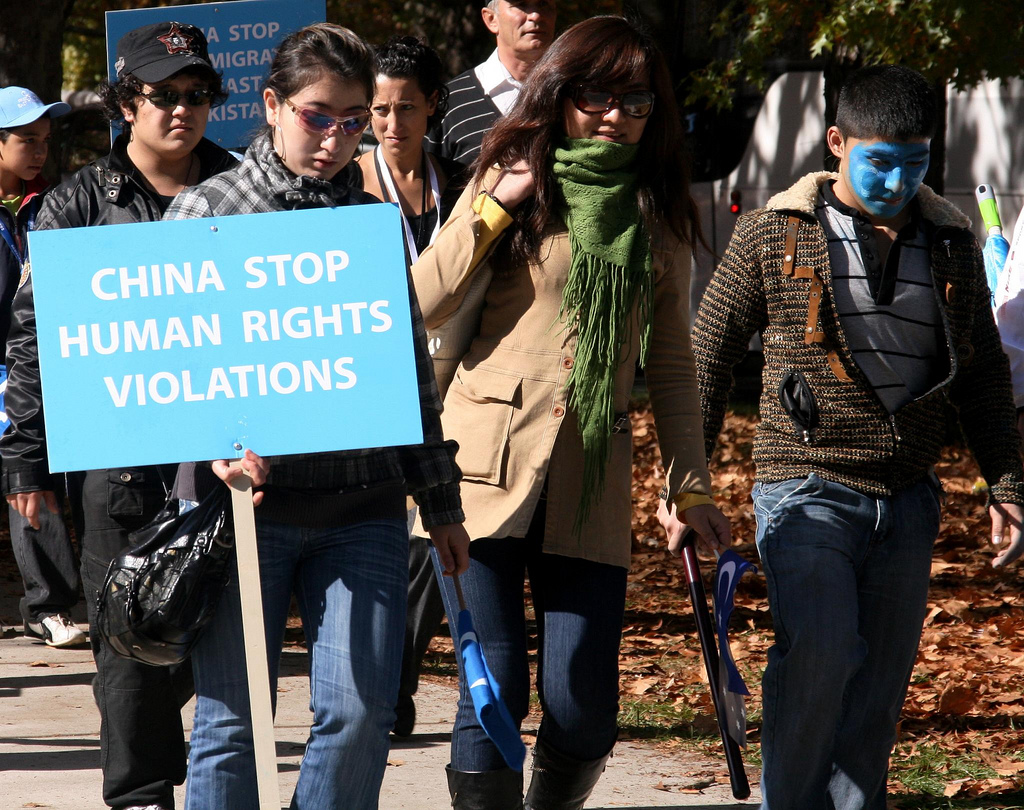FOR IMMEDIATE RELEASE
May 10, 2019
https://www.uscirf.gov/news-room/press-releases-statements/uscirf-strongly-urges-administration-raise-religious-freedom?fbclid=IwAR1y4idqfCTDvxSMZjsWieBfMi1s1qrJpyBNg6jjiJD7lpnMGhh7t7DD8Pk#.XNXql1ZQtFY.facebook

USCIRF Strongly Urges Administration to Raise Religious Freedom Violations in China Trade Talks
WASHINGTON, DC – The United States Commission on International Religious Freedom (USCIRF) today urged the Trump administration to discuss China’s persecution of religious communities with Chinese Vice Premier Liu He during his visit to Washington, DC this week. According to the U.S. Department of Defense, the Chinese government has detained as many as three million Uighur and other Muslims in Xinjiang.
“The communist Chinese government’s brutal campaign to ‘sinicize’ all religions is one of the worst abuses of religious freedom taking place today,” said USCIRF Commissioner Gary Bauer. “During these talks about our trade relationship with China, religious persecution and human rights more broadly must be on the table. This is about the right of every man and woman, whether Muslim or Buddhist or Christian or Falun Gong, to worship as he or she sees fit. At a time when the lives and freedoms of millions of Chinese people are under attack by their own government, we must put religious freedom and human rights on the agenda, too.”
In its 2019 Annual Report, USCIRF recommends the U.S. government redesignate China as a “country of particular concern,” or CPC, and use targeted sanctions against Chinese officials who have perpetrated or tolerated severe religious freedom violations, including Chen Quanguo, the Communist Party Secretary of Xinjiang. Chen is also responsible for violations against Buddhists in Tibet, where he created a surveillance system similar to that used in Xinjiang today.
USCIRF also recommends that the U.S. government continue efforts to preserve the cultural and linguistic heritage of religious groups in China; coordinate with allies and partners in response to China’s religious freedom violations, including to prevent refoulement of individuals from China seeking asylum on the basis of religious persecution; and work to counter Chinese government influence in the United States designed to suppress information about or advocacy in response to violations of religious freedom in China.

